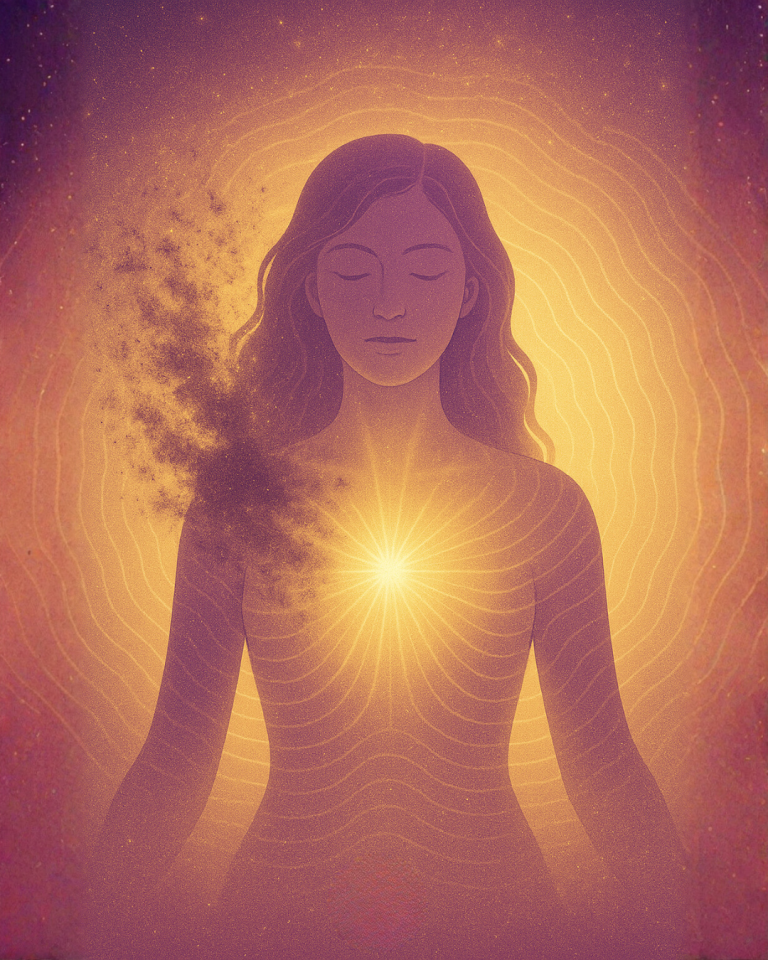Is Consciousness a Quantum Bridge to the Universe?
Introduction
Consciousness has long been a mystery. While conventional neuroscience explains awareness as electrical signals in the brain, some researchers propose a more radical idea: that consciousness arises from quantum processes within your neurons. This post explores the hypothesis that your mind could be a quantum bridge connecting you to the fabric of the universe.
The Quantum Brain Hypothesis
- Microtubules and coherence: Structures inside neurons called microtubules may sustain quantum coherence, allowing information to be processed in ways classical physics cannot explain.
- Penrose–Hameroff theory: Physicist Roger Penrose and anesthesiologist Stuart Hameroff suggest consciousness emerges when quantum computations collapse in microtubules, linking our minds to fundamental spacetime geometry.
Implications for Consciousness
- Non‑local awareness: If consciousness is quantum, your thoughts and feelings could be entangled with the cosmos, blurring the line between inner experience and outer reality.
- Beyond the brain: This view implies that consciousness is not merely a byproduct of neuronal firing but a fundamental aspect of the universe interacting through biological structures.
Bridging Science and Spirituality
- Ancient insight: Mystical traditions have long described the mind as a bridge to the divine. A quantum perspective provides a scientific metaphor for this experiential wisdom.
- Cosmic connectedness: Meditation, prayer and deep states of presence might tap into quantum coherence, allowing you to sense a larger field of intelligence.
Conclusion
Whether or not microtubules host quantum computations, the question invites a broader view of consciousness. Exploring the possibility of a quantum mind encourages humility about what we know and wonder about the deep connections between self and cosmos. Stay open to both scientific inquiry and inner exploration; together they may reveal how profoundly we are woven into the universe.






